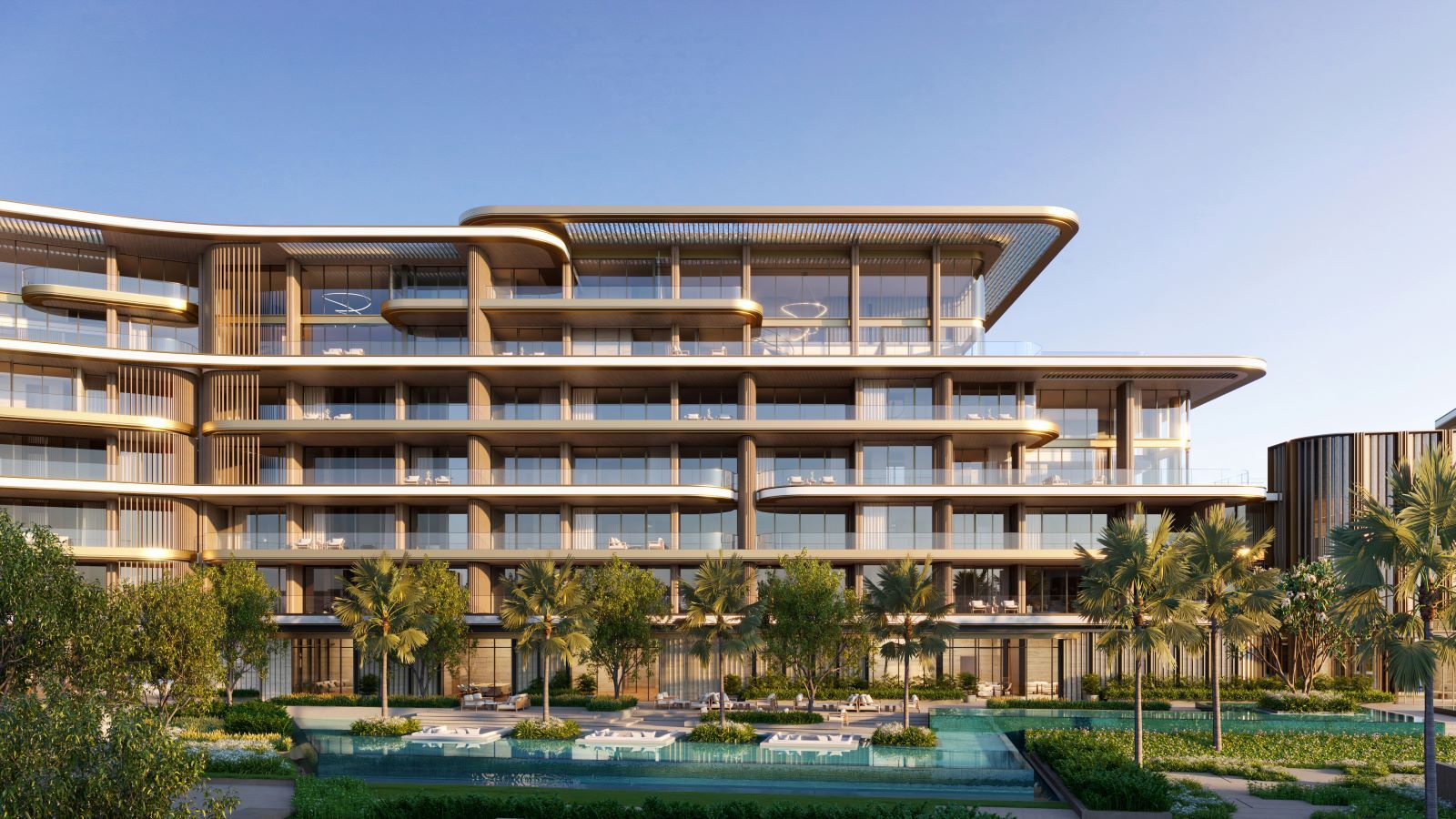A Market to Watch: Abu Dhabi Breaks Record With AED130M Villa Sale
Published: 09 October 2024
A ‘cultural renaissance’, paired with exceptional development opportunities, positions the capital for significant growth in the prime and super-prime sectors
This September, the Abu Dhabi real estate market hit a new high with the landmark sale of a five-bedroom villa on Saadiyat Island. Transacted by Dubai Sotheby’s International Realty and Kenzie RE, the sale marks the most expensive home ever sold in the emirate, closing at a staggering AED 130,000,000. Abu Dhabi has long attracted international investors seeking a home in a safe and prosperous city, but relative to its neighbouring emirate Dubai, the real estate market in the capital has been somewhat more tame and cultivated, owing to different economic priorities.

While Dubai’s economy is diversified into sectors including tourism, real estate, and trade, Abu Dhabi’s economy hangs largely on oil, generating significant and stable revenue without the need for aggressive development. The two emirates also diverge culturally: Dubai is the fast-paced, cosmopolitan hub filled with record-breaking landmarks, while Abu Dhabi remains a more traditional and measured capital. As home to the government, the city evolves in a more understated and deliberate way, carefully preserving its cultural heritage.
This evolution is evident in the rapid growth of Abu Dhabi’s luxury property market. Data shows that in H1 of 2024, exclusive Abu Dhabi neighbourhoods including Saadiyat Island and Al Raha Beach enjoyed price growth of up to 21%, reflecting a surge in demand and a ripe market for investors.
Abu Dhabi is undergoing a cultural renaissance
Abu Dhabi has long championed Emirati culture and history, with the stunning Sheikh Zayed Grand Mosque and Qasr Al Hosn, the oldest building in the emirate. In recent years though, the city’s art and cultural appeal has become more international, beginning with the inauguration of the Louvre Abu Dhabi in 2017. The Louvre – a cultural beacon with a resplendent mashrabiya domed roof on Saadiyat Island – holds an exceptional permanent collection of art from masters including Monet, Da Vinci, and Van Gogh. It also hosts an excellent rotation of temporary exhibitions from local and international artists, retaining its position at the forefront of the art world.
The Louvre Abu Dhabi is the first universal museum in the Arab world, and it marked the start of an unprecedented partnership between France and the UAE.
Scheduled for completion on Saadiyat Island in 2025 is another landmark for arts and culture in Abu Dhabi: the upcoming Guggenheim Museum.
.png?width=624&height=351&name=unnamed%20(10).png)
Designed by Pritzker-prize-winning architect Frank Gehry, the structure itself is a striking postmodern masterpiece of interlocking geometric shapes, blending dramatic curves with angular elements. The Guggenheim will house a hugely intersectional range of contemporary art with a special focus on works from North Africa, West Asia, and South Asia, in addition to a research centre and a conservation laboratory, further cementing its cultural appeal.
Will the ‘Bilbao effect’ elevate property values?
Both the Guggenheim and Louvre are located on Saadiyat Island, a sandy, natural island spanning 27 square kilometres, which is one of the most coveted addresses in the capital for super-prime real estate. These galleries are much more than houses of art – they are international symbols of trust and prestige with decades, if not centuries, of cultural legacy.
In the context of real estate, the appeal goes beyond lifestyle. Data shows that proximity to cultural institutions is directly linked to rising property values, a phenomenon known as the 'Bilbao effect.' A PwC report reveals that after the Guggenheim opened in Bilbao, Spain, in 1997, property values in the surrounding area increased by 30% within five years. Similar trends were seen in London after the opening of the Tate Modern, and in New York with the Museum of Modern Art (MoMA) and the Metropolitan Museum of Art.
Further feeding into this positive price trend is the infrastructure improvements that generally come with proximity to cultural landmarks, such as improved public spaces, transportation, and amenities, all of which elevate the overall quality of life for residents.
A $1 Billion Investment in Sotheby’s from Abu Dhabi
A testament to Abu Dhabi’s commitment to its burgeoning arts and culture scene is its recent $1 billion investment in Sotheby’s. Founded in 1744, Sotheby’s is one of the world’s oldest and most prestigious auction houses, celebrated for curating and selling some of the most significant works of art throughout history. The Sotheby’s hammer has overseen the sale of some of the most defining cultural artefacts in European history, from ancient books like Leonardo da Vinci’s 500-year-old Codex Leicester and original Shakespeare manuscripts, to iconic paintings such as Pablo Picasso’s Les Femmes d'Alger and Claude Monet’s Meules.
Read more: Abu Dhabi Invests $1 Billion in Sotheby’s
Fine art and luxury property are linked inextricably: beyond beauty and cultural value, both are tangible alternative assets with immense potential for price appreciation. A masterpiece on the wall naturally complements a masterpiece of architecture, and those who invest in one often seek the other. The crowd at a luxury auction such as Sotheby’s often mirrors active buyers in the prime and super-prime real estate market, forging a natural connection that drives demand, which in turn drives value.
So, is Abu Dhabi a market to watch?
The short answer is absolutely. Abu Dhabi has long been coveted as a safe and stable city, and its momentous investments in its cultural sector will undoubtedly broaden the appeal to a wider demographic of international and high-net-worth investors seeking a home in the capital. The price surges observed this year in prime areas like Saadiyat Island are clear indicators of a market on the rise, further affirmed by the landmark AED 130 million sale transacted this September.



